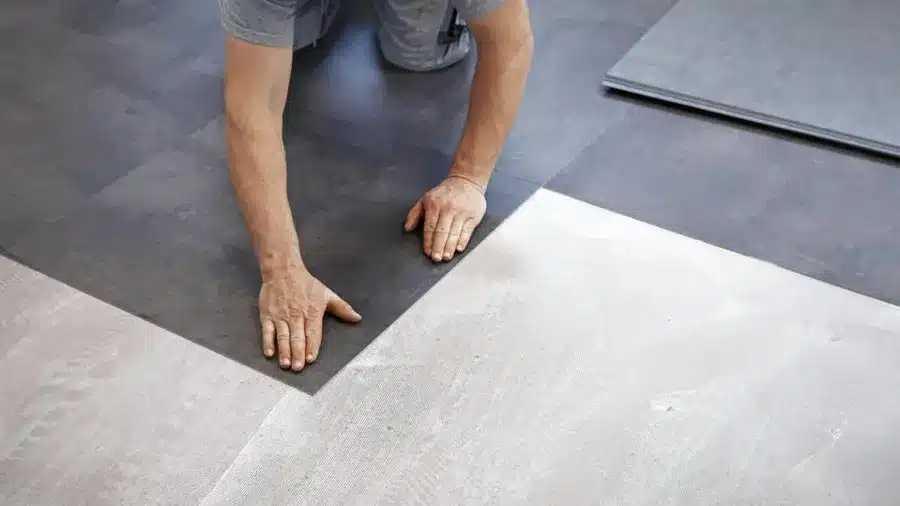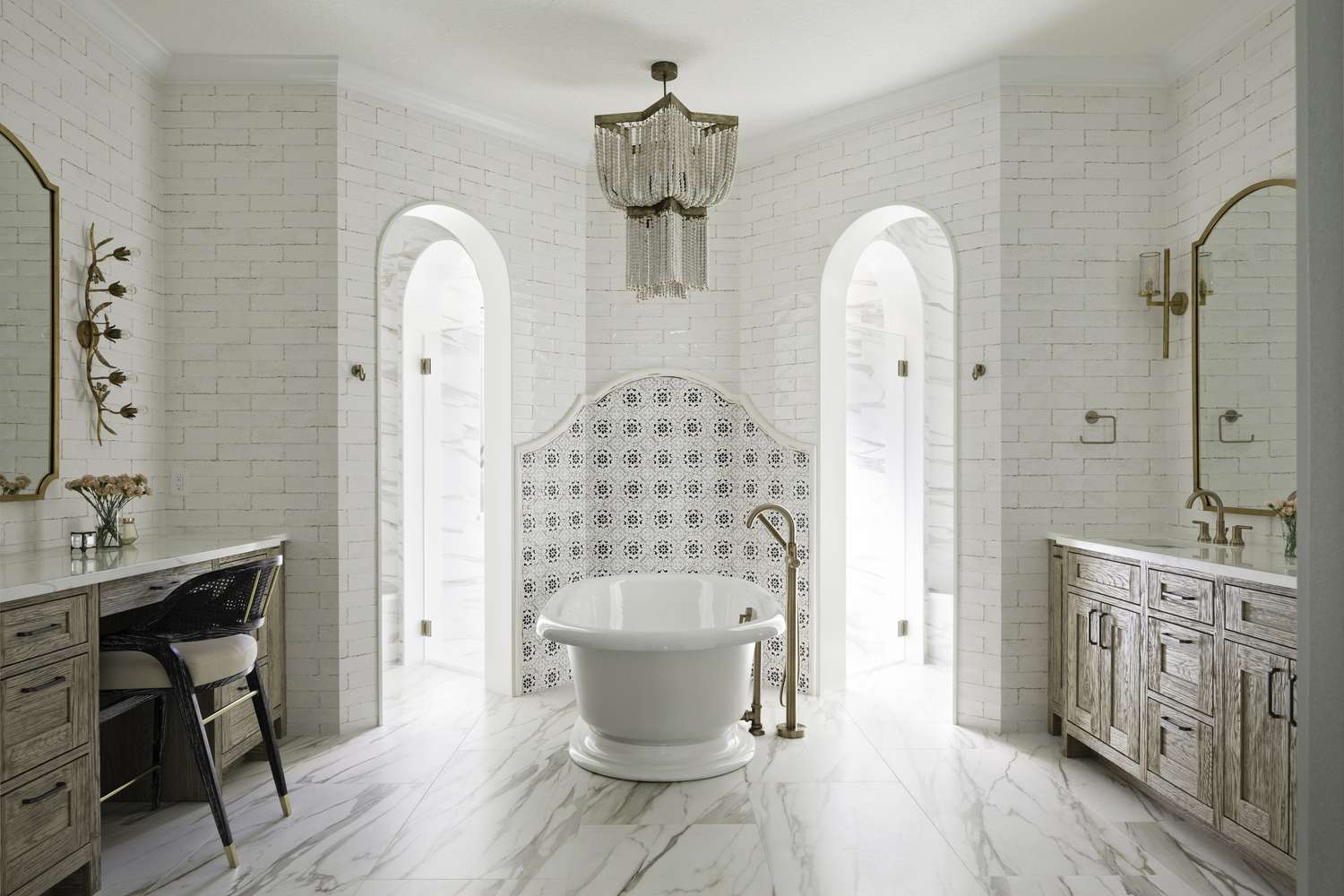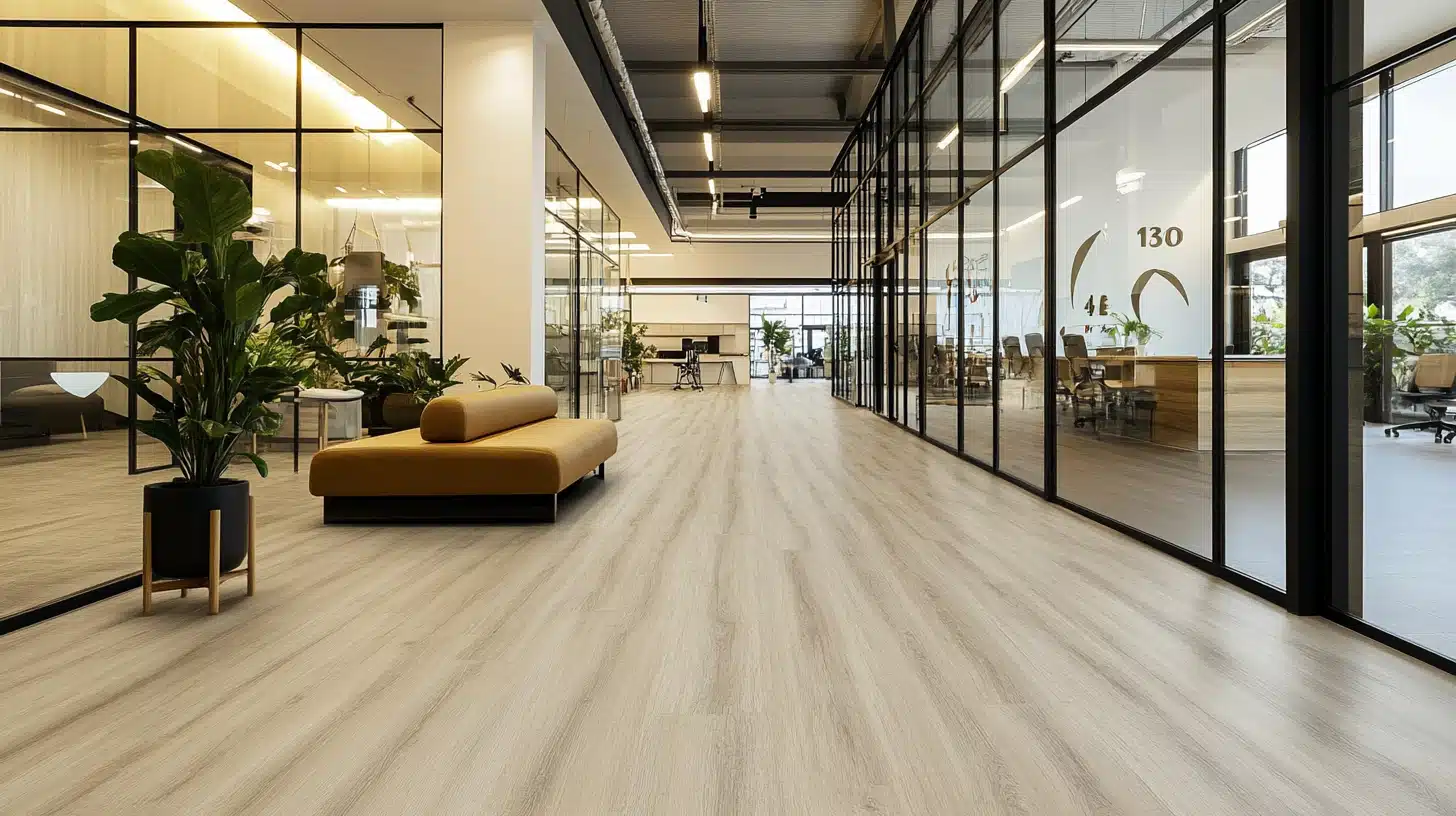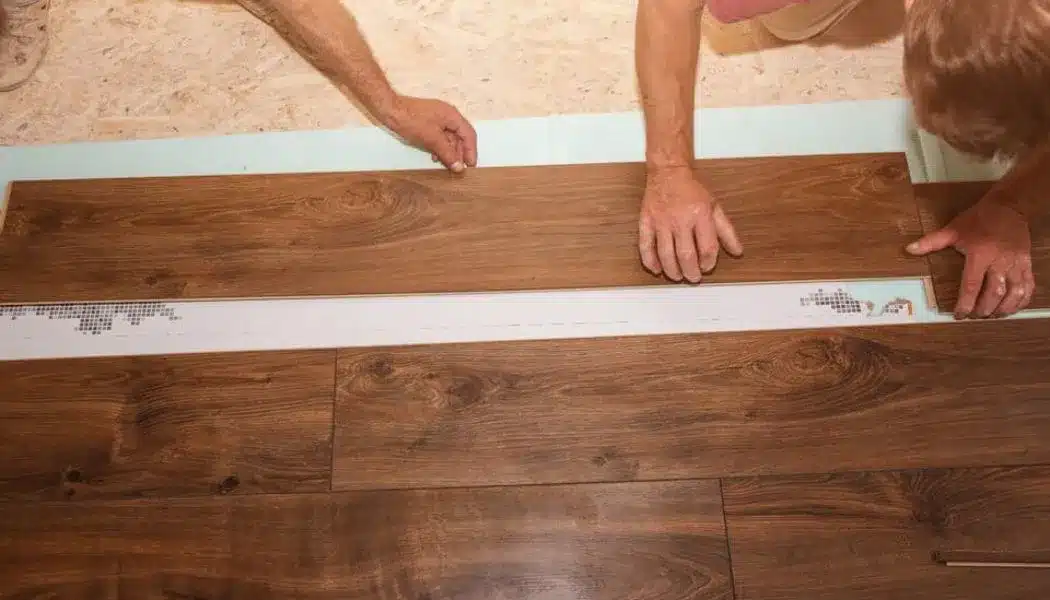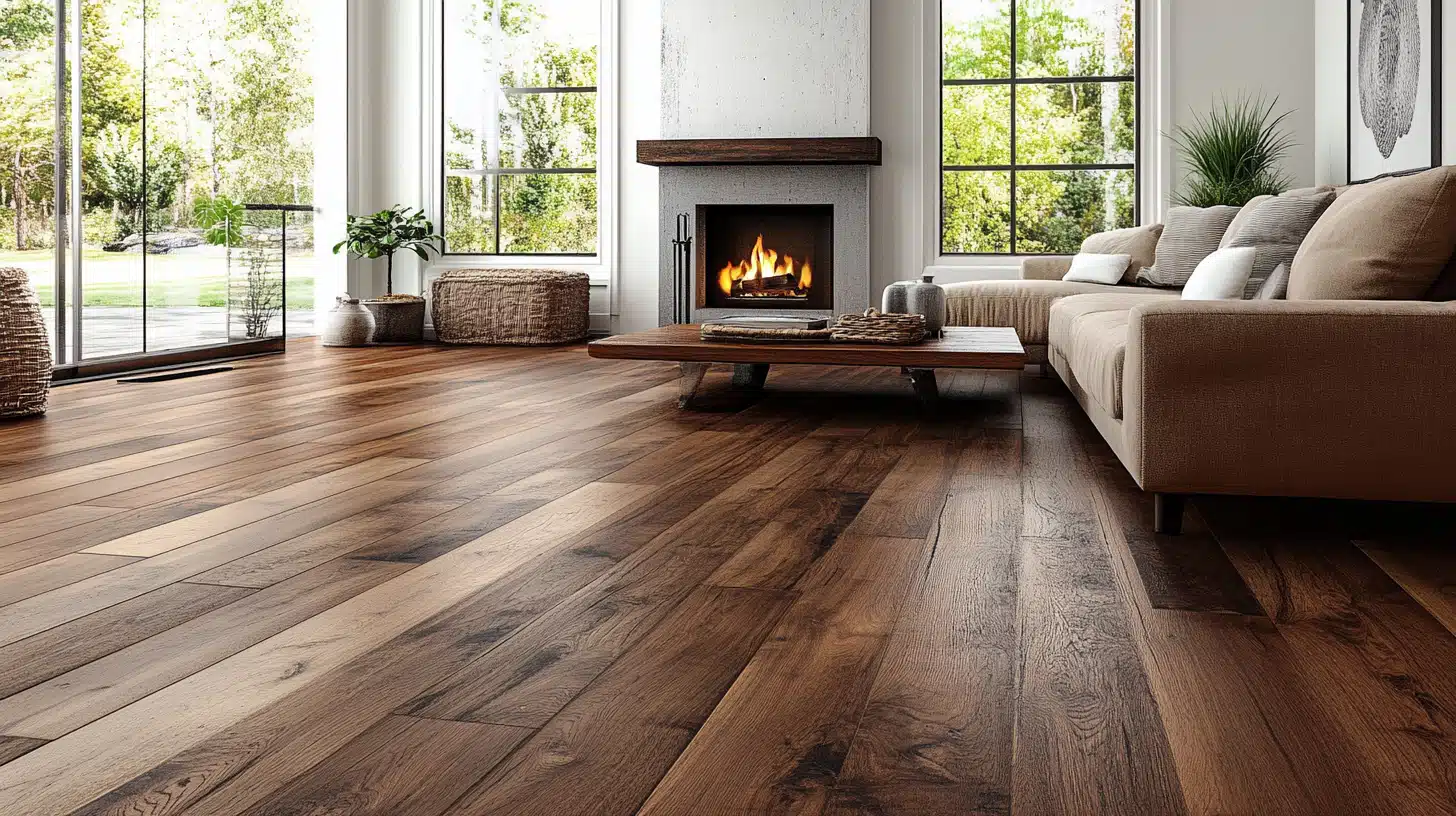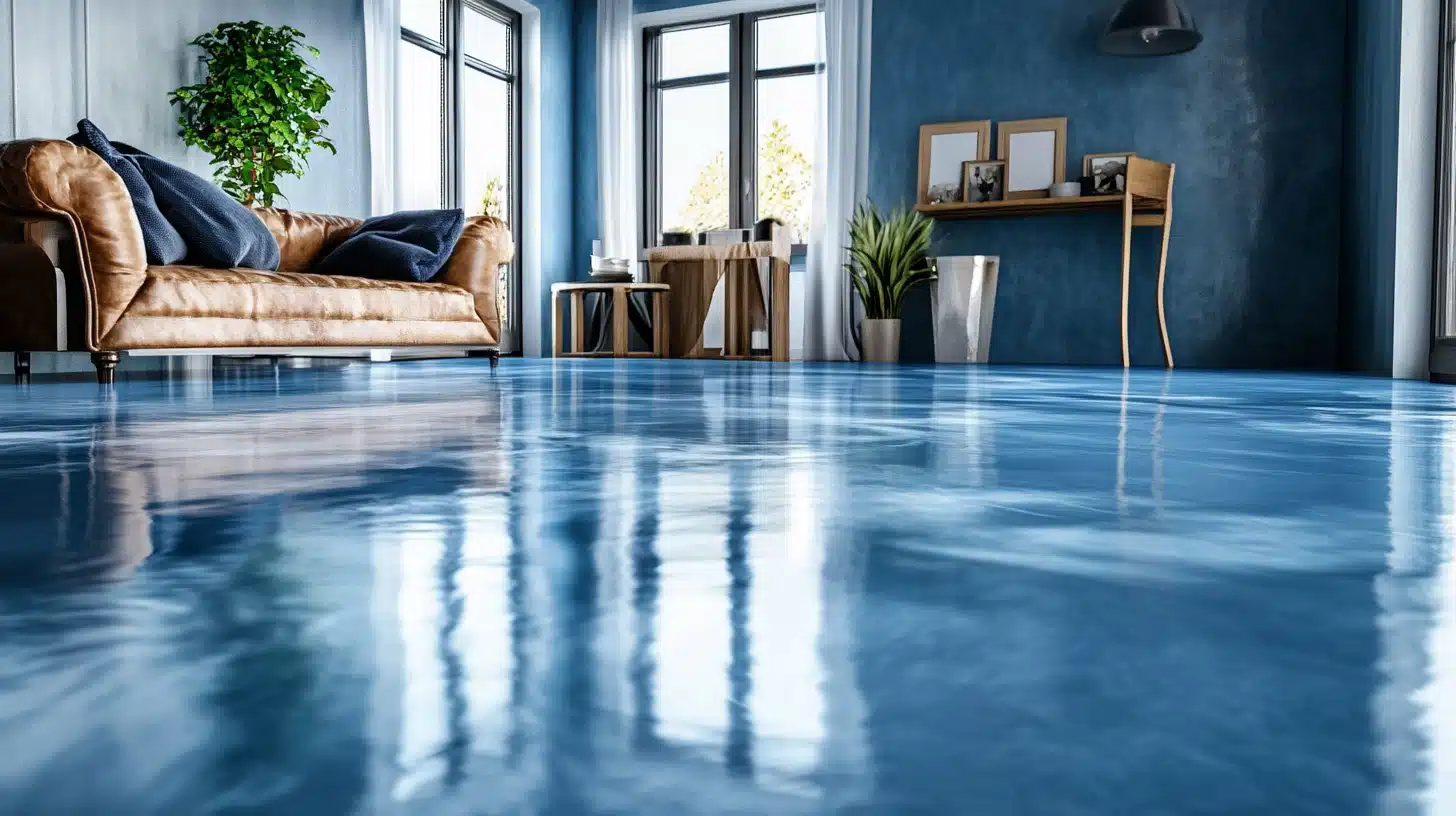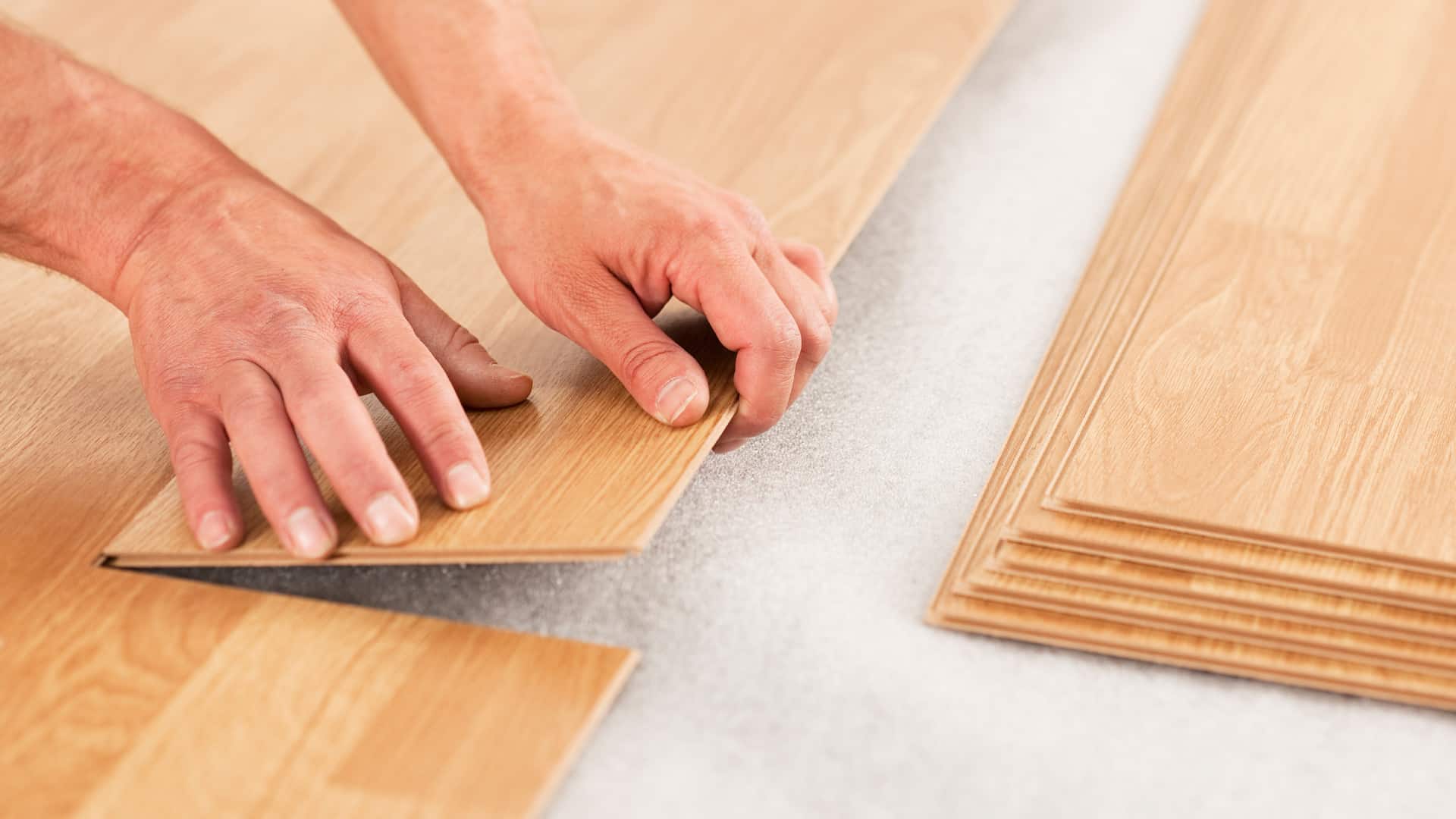The Benefits of Vinyl Plank Flooring for Better Indoor Air Quality
Often, we don’t think about how our floors affect our home’s health. This article will show you how vinyl plank flooring is good for the air inside your home. We will look closely at how this type of flooring can make the air cleaner and safer.
The Unseen Impact of Flooring on Air Quality
When assessing the air quality within our homes, every component is crucial, including the often-overlooked aspect of flooring. Vinyl plank flooring, frequently chosen for its aesthetic appeal and durability, plays a significant role in enhancing indoor air quality.
1. Low VOC Emissions
Understanding VOCs: Volatile Organic Compounds (VOCs) are commonly found in many building materials and household products. They evaporate at room temperature, leading to indoor air pollution.
Health Implications: Being exposed to high levels of VOCs can cause health issues like headaches, dizziness, and breathing problems. Long-term exposure can even result in more serious health conditions.
Vinyl Plank Flooring Advantage: Engineered to have minimal VOC emissions, vinyl stands out among flooring options. A study in the Canadian Journal of Public Health noted that selecting low-VOC-emitting materials, like certain vinyl planks, is vital for maintaining healthier indoor environments.
2. Mould and Mildew Resistance
The Problem with Mould and Mildew: Mould and mildew are notorious for deteriorating air quality and impacting health. Statistics Canada reports that a significant percentage of Canadian homes have visible signs of mould or mildew, which can exacerbate or lead to respiratory issues.
Resistance Factor: Vinyl plank flooring’s non-porous nature resists mould and mildew growth, crucial for maintaining indoor air quality, particularly in humid regions or during the colder months.
Healthier Living Spaces: Its resistance to mould and mildew makes vinyl plank flooring beneficial for improving air quality, especially considering respiratory issues are a common health concern.
3. Ease of Cleaning and Maintenance
Cleaning Challenges: Conventional surface often requires chemical cleaners, which can release harmful VOCs.
Simplified Cleaning Process: Vinyl plank flooring is easy to clean, typically requiring only basic methods like sweeping and damp mopping. This reduces reliance on chemical cleaners, contributing to better air quality.
Reduced Chemical Use: The lesser need for harsh chemicals in cleaning vinyl plank flooring aligns with recommendations to minimize chemical exposure, especially important in homes with children or allergy sufferers.
Incorporating Vinyl Plank Flooring in Your Home
Improving the air quality in your home can be as simple as choosing the right floor covering. Vinyl plank flooring, with its numerous advantages, is a great choice for many areas in your home. Let’s take a closer look at how this flooring option can be used in different spaces:
Living Rooms
Aesthetic Appeal: Living rooms, the heart of a home, mix style and comfort. Vinyl plank flooring offers a range of looks and feels, helping you create a space that’s inviting and fashionable. You can select from the cozy vibe of wooden flooring or more modern, unique designs to suit your taste.
Durability and Comfort: Not only does vinyl plank flooring look good, but it’s also tough. It can withstand lots of walking around, typical in living areas. Plus, some types of vinyl flooring are cushioned, adding extra comfort under your feet and making your living room a nicer place to relax.
Improved Air Quality: Using vinyl plank flooring in your living room not only makes it look better but also helps make the air cleaner. This flooring gives off very low levels of harmful chemicals, known as VOCs, which means less air pollution in a space where your family spends lots of time.
Kitchens and Bathrooms
Moisture Resistance: Kitchens and bathrooms are common places for spills and humidity. Vinyl plank flooring is a top choice here because it’s resistant to water. While traditional wood or laminate floors might swell or get damaged when wet, vinyl flooring remains unaffected. Studies show that vinyl surfaces can handle moisture up to 65% more effectively than laminate flooring.
Ease of Maintenance: In places like kitchens and bathrooms, where you often find messes and stains, vinyl plank flooring is very useful. It’s super easy to clean. You can quickly wipe up any spills without leaving any stains or damage. This makes it perfect for busy areas like kitchens and bathrooms.
Hygienic Surface: Vinyl plank flooring helps stop the growth of bacteria and mould because it doesn’t have tiny gaps where these can grow. This is important in kitchens and bathrooms to keep the air clean and prevent health risks from allergens or other dangers.
Other Spaces
Bedrooms and Children’s Rooms: Vinyl flooring is good for bedrooms and children’s rooms too. It’s allergen-free, which helps make the air cleaner, and is good for a peaceful sleep. Also, there are many designs to match any bedroom style.
Basements and Utility Rooms: For places like basements and utility rooms, where there’s often dampness, the moisture resistance of vinyl plank flooring means it lasts longer and keeps the air healthier.
Final Thoughts
To sum up, vinyl plank flooring is a sensible option for improving indoor air quality in homes. It lowers the release of harmful VOCs (Volatile Organic Compounds), fights against mould and mildew, and is simple to clean. This makes it a healthy choice for different parts of the house. Its variety in style and lasting nature also make it a good fit for living rooms, kitchens, bathrooms, and more. Vinyl flooring is not just a visually appealing choice; it also plays a part in creating a cleaner, safer living space.

